Health
How to Stop Relying on Medication Forever – There’s a Gentler Way to Heal
Tired of depending on pills to manage your symptoms? Discover a gentler, more sustainable approach to healing chronic conditions like IBS without long-term medication.
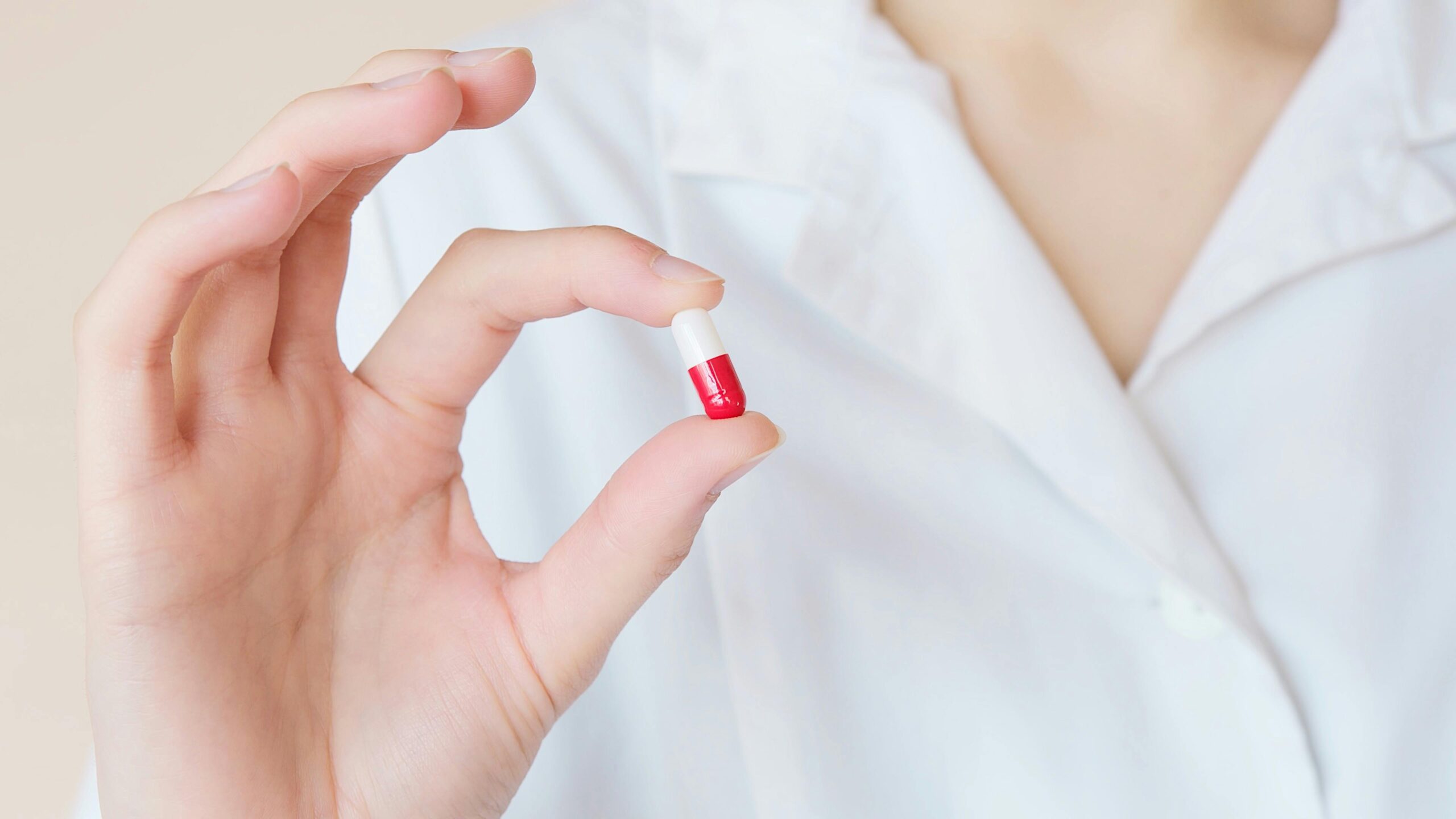
In today’s fast-paced healthcare world, many of us have been given the same prescription: “Take this pill, and take it for life.”
While medications have their place—and in many cases, save lives—they’re not always the long-term solution we’re looking for. Especially for conditions like Irritable Bowel Syndrome (IBS), anxiety, or autoimmune-related issues, being on medication forever shouldn’t be your only option.
So what if there was a gentler, more holistic way to heal—one that works with your body instead of just masking symptoms?
Let’s explore how you can begin freeing yourself from long-term dependency on medications and take back control of your health—naturally.
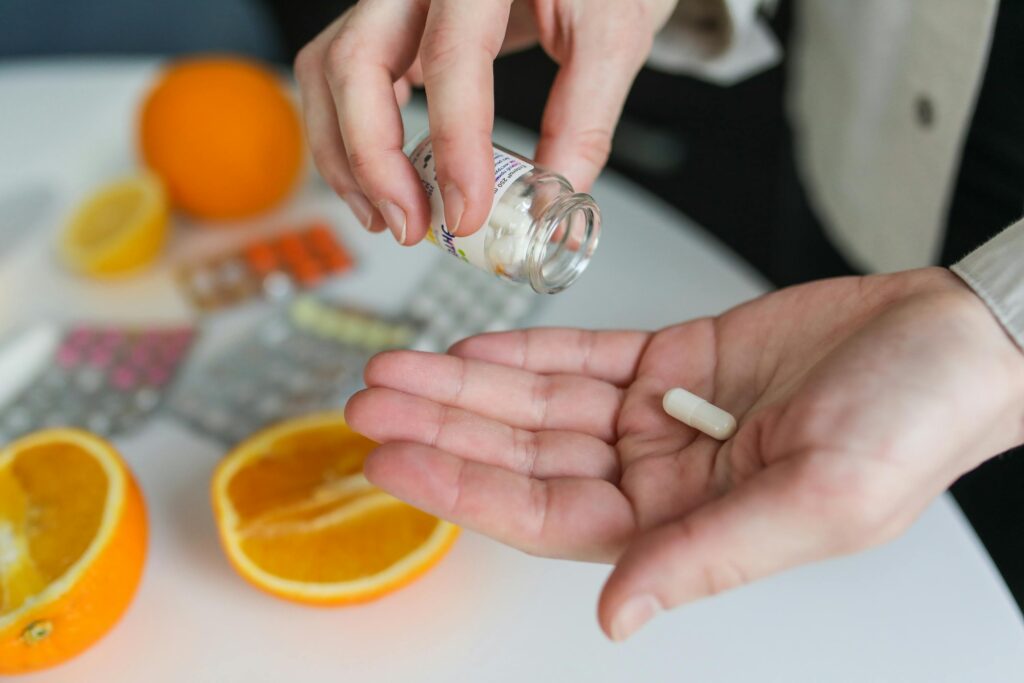
The Problem with Long-Term Medication Use
Modern medicine often offers quick relief for symptoms. And while that’s important in acute situations, the approach falls short when it comes to chronic issues.
Here’s why long-term medication may not be the best path for everyone:
- It treats the symptoms, not the root cause.
Taking antispasmodics or antidiarrheal medications for IBS may calm things down for the moment—but what’s causing the symptoms in the first place? - Side effects can pile up.
From fatigue to nutrient malabsorption, brain fog, or even dependency, many people begin to experience new health issues from the meds themselves. - You feel like you’re stuck.
Living in fear of running out of medication or wondering what life would be like without it is not true healing—it’s survival.
Is It Really Possible to Heal Without Medication?
Yes—but it requires a different mindset and approach.
Rather than only suppressing the body’s messages, holistic and functional medicine focuses on listening to them. Your symptoms are not just inconveniences—they’re signals that something in your body is out of balance.
And that’s where the real opportunity for transformation begins.
A Gentler Path: How to Heal Naturally and Sustainably
Let’s look at the steps you can take to begin healing your body at the root, so you’re not stuck on medication for life.
1. Identify the Root Cause
A proper diagnosis goes beyond labeling your condition. Functional testing can uncover:
- Gut microbiome imbalances (like bacterial overgrowth or yeast such as Candida)
- Food sensitivities and inflammation
- Nutrient deficiencies
- Hidden infections
- Chronic stress responses
Once you understand why your body is acting up, the need for medication often decreases.
2. Nourish the Body, Don’t Just Silence It
Instead of focusing only on elimination diets, focus on building a healing plate:
- Anti-inflammatory foods
- Easily digestible meals
- Gentle fiber sources
- Gut-healing herbs and supplements
This isn’t about starving your body of comfort—it’s about restoring a calm digestive rhythm.
3. Support the Gut with Probiotics That Actually Work
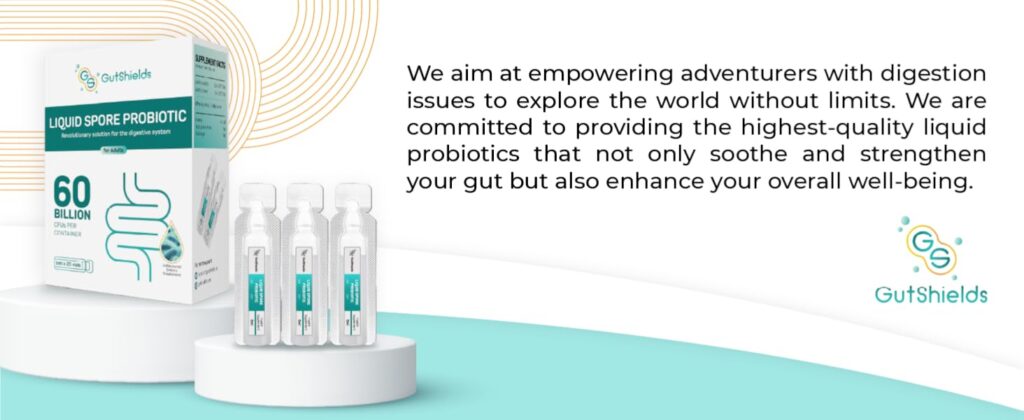
Most probiotics don’t survive stomach acid. If you’re using probiotics to restore gut health, especially after antibiotics or long-term medication use, you need one that reaches your intestines intact.
One solution we’ve seen help many of our patients transition off meds is GutShield – Liquid Spore Probiotic. This spore-based probiotic formulation is designed to reseed the gut, fight imbalance, and support digestion naturally.
Unlike regular probiotics, spore-forming strains are shelf-stable, survive the gut, and are clinically backed to support the healing of the gut microbiome.
4. Work With a Specialist, Not Just a Prescription Pad
You deserve more than 10 minutes with a doctor and a prescription. Working with a functional medicine practitioner or IBS specialist can help you map out a personalized treatment plan to eventually reduce or eliminate the need for medication.
Why This Matters
Real healing isn’t just about symptom control—it’s about restoration.
It’s about sleeping through the night without worrying about flare-ups. It’s about eating without fear. It’s about trusting your body again.
And it’s possible. Thousands of people have done it—not by taking more medications, but by taking a new approach to their health.
Ready to Start Healing Gently?
At the IBS DOCTOR ORG, we’ve helped patients from across the U.S. and over 30 countries reclaim their health—without lifelong dependence on medications. Whether it’s IBS, gut imbalance, or mysterious symptoms that no one seems to solve, we’re here to guide you with real, sustainable answers.
Looking for support along the way?
One of the most powerful tools in the healing process is restoring your gut flora with the right probiotic. That’s why we often recommend [GutShield – Liquid Spore Probiotic]—a targeted, professional-grade formula that helps patients feel better from the inside out.
Final Thoughts
You weren’t born to live on pills. You were born to heal.
It’s okay to use medicine when you need it—but it’s even better to build a life where you don’t have to.
Take the first step today. Your body will thank you tomorrow.
Health
Hydration Hacks for IBS: The Right Way to Drink Water
Drinking water the wrong way can worsen IBS symptoms. Discover how to hydrate smarter—small sips, steady timing, and natural add-ins—to support digestion and gut balance.
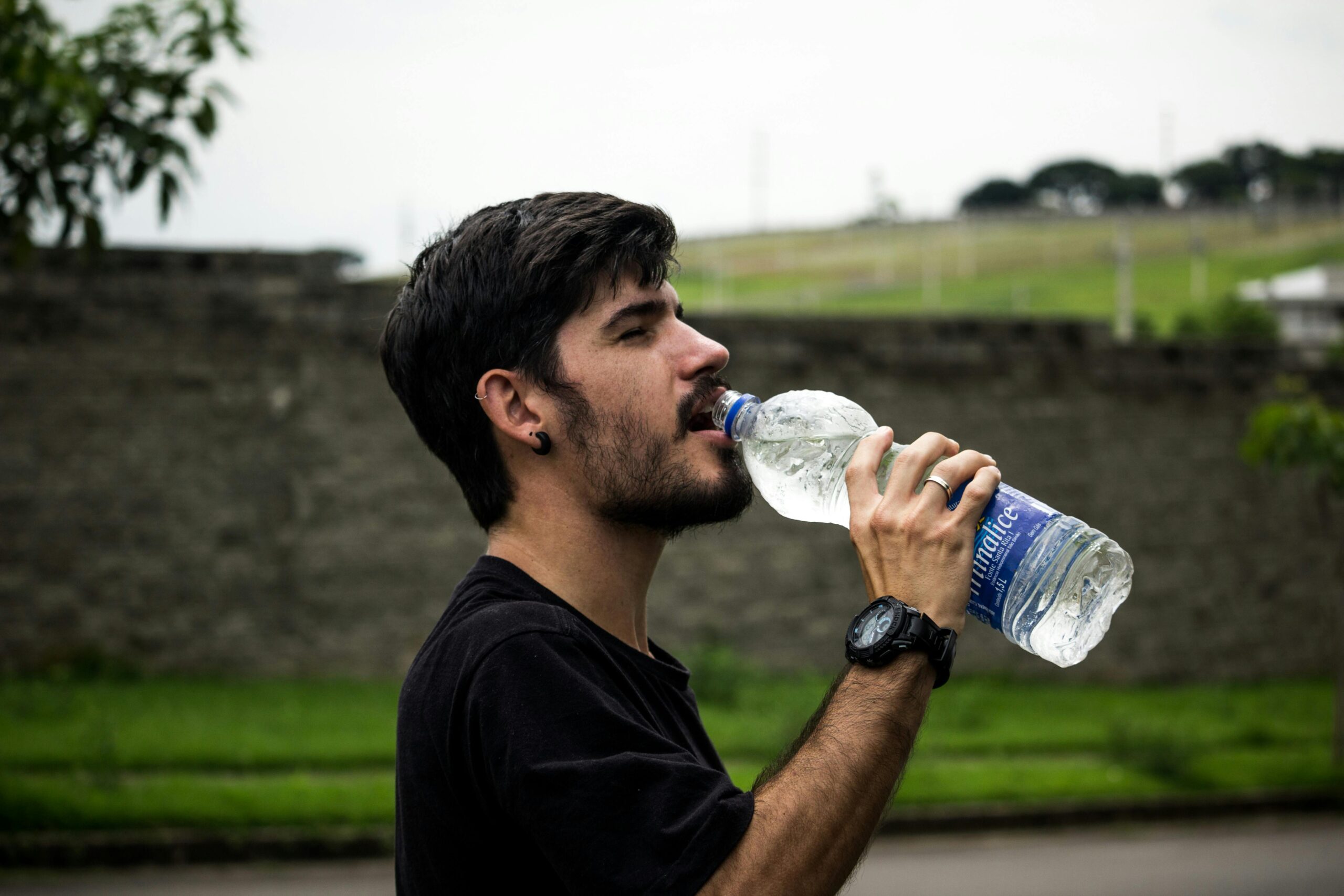
“It’s not just about drinking more water—it’s about drinking the right way.”
If you have Irritable Bowel Syndrome (IBS), you’ve probably been told to drink plenty of water. But here’s the catch: how you drink matters just as much as how much you drink.
For many people with IBS, chugging large amounts of water in one go can actually trigger strong intestinal contractions, leading to urgency, bloating, or discomfort.

The Science of Hydration and Digestion
- Rapid intake of water can overstimulate the digestive tract and speed up motility.
- Even, steady hydration supports smoother digestion and nutrient absorption.
- Proper hydration also helps regulate stool consistency, easing both IBS-C (constipation) and IBS-D (diarrhea).
In short: your gut doesn’t just want more water—it wants consistent hydration.
Practical Hydration Habits for IBS
Here are science-backed ways to drink water that keep your digestion steady:
✅ Sip, don’t chug
Aim for 150–200 ml (about half a cup) every 2 hours instead of gulping down large amounts at once.
✅ Infuse with digestion-friendly add-ins
A slice of lemon, cucumber, or fresh mint can make hydration enjoyable and may help soothe bloating.
✅ Match timing with meals
Drink water between meals rather than during them to reduce the risk of overwhelming your stomach acid and slowing digestion.
✅ Choose temperature wisely
Many people with IBS find that room-temperature or warm water is gentler on the gut than ice-cold water.
The Bigger Picture
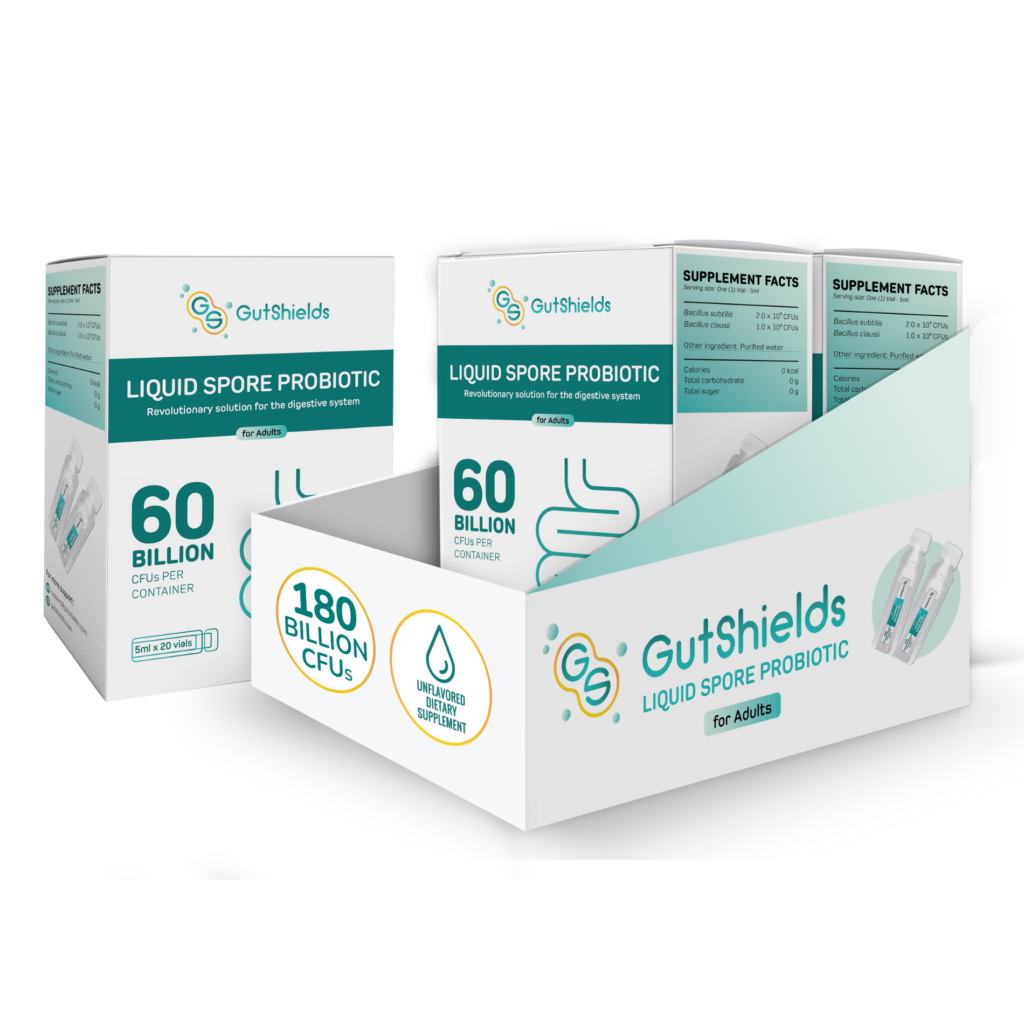
Hydration is one piece of the IBS puzzle. Pairing good hydration habits with microbiome support—such as spore-based probiotics like GutShields—creates a powerful daily foundation for calmer digestion.
Bottom Line
When it comes to IBS, hydration isn’t just about volume—it’s about rhythm. Steady, mindful sipping can keep your gut balanced and your symptoms calmer.
✨ Stay hydrated, stay balanced—let GutShields help protect your gut microbiome.
Health
Why Sleep Quality Can Make or Break Your IBS Recovery
Poor sleep doesn’t just cause fatigue—it can worsen IBS by raising cortisol, triggering inflammation, and disrupting gut bacteria. Learn how to improve sleep to support your digestion and long-term gut health.

“Poor sleep isn’t just making you tired—it might be keeping your gut inflamed.”
Living with Irritable Bowel Syndrome (IBS) means constantly balancing stress, diet, and lifestyle to avoid flare-ups. But one factor often overlooked is sleep quality. Many people with IBS report that their symptoms are worse after nights of poor sleep. Science now shows this isn’t just coincidence—sleep has a direct influence on the gut-brain axis, the microbiome, and inflammation levels.
If you’ve tried dietary changes, supplements, and even medication without lasting relief, improving your sleep could be the missing piece of your IBS recovery.

The Science: How Sleep and IBS Are Connected
- Cortisol and inflammation
- Poor or fragmented sleep raises cortisol, your body’s main stress hormone.
- Elevated cortisol has been linked to increased gut permeability (“leaky gut”), more inflammation, and heightened pain sensitivity—all of which make IBS symptoms worse.
- Gut microbiome disruption
- Studies show that even short-term sleep deprivation reduces microbial diversity.
- A disrupted microbiome may lead to more gas, bloating, constipation, or diarrhea in IBS patients.
- Gut-brain axis imbalance
- Your digestive tract has its own nervous system (the enteric nervous system).
- Poor sleep dysregulates this system, which can throw off motility—causing irregular bowel habits, urgency, or spasms.
In short, sleep doesn’t just recharge your brain—it recharges your gut.
Practical Steps for IBS-Friendly Sleep

Here’s how you can start improving sleep quality—and by extension, your digestion:
✅ Set a consistent bedtime and wake time
Your circadian rhythm influences gut motility. Going to bed and waking up at the same time each day helps regulate bowel function.
✅ Limit screens at night
Blue light from phones and laptops suppresses melatonin, making it harder to fall asleep. Try switching to a book or listening to calming music.
✅ Create a wind-down ritual
Deep breathing, light stretching, or journaling can signal your nervous system to shift into “rest and digest” mode—essential for people with IBS.
✅ Support with natural aids
Chamomile tea, magnesium glycinate, or lavender aromatherapy have been shown to improve relaxation and sleep quality.
✅ Feed your microbiome wisely
Avoid late-night heavy meals, alcohol, or excess caffeine. Pair your routine with spore-based probiotics like GutShields to support a resilient microbiome overnight.

The Bigger Picture: Sleep as IBS Medicine
When you consistently improve your sleep, you’re not just preventing fatigue—you’re:
- Calming inflammation
- Helping good bacteria thrive
- Regulating gut-brain communication
- Supporting more regular, pain-free bowel movements
That’s why sleep isn’t just a lifestyle tip—it’s a therapeutic tool for IBS recovery.
Bottom Line
If you’ve been treating IBS only through diet or medication but ignoring your sleep, you may be missing a key part of the solution. By protecting your nights, you protect your gut.
✨ Give your gut the rest it deserves—combine better sleep with GutShields for faster, lasting relief.
Health
The IBS-Friendly Morning Routine That Can Calm Your Gut All Day
Your morning choices can set the tone for your gut health all day. Discover a simple, IBS-friendly routine that supports the gut-brain axis, reduces inflammation, and promotes comfortable digestion.
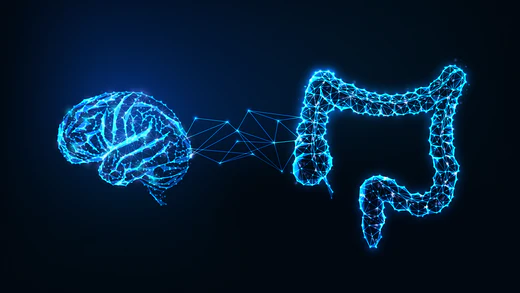
What if the way you start your morning could determine whether you spend the rest of your day in comfort—or in pain?

For people with Irritable Bowel Syndrome (IBS), mornings can feel like a gamble. One wrong choice—whether it’s a cup of strong coffee on an empty stomach or skipping breakfast entirely—can trigger bloating, cramps, or urgent bathroom trips that last all day.
Emerging research shows that morning routines influence the gut-brain axis, the two-way communication system between your digestive tract and nervous system. This axis controls motility (how food moves through your intestines) and regulates inflammation—both of which are key players in IBS.
A calm, balanced start can keep your gut in “rest and digest” mode rather than fight-or-flight, reducing the likelihood of flare-ups.
Your IBS-Friendly Morning Blueprint
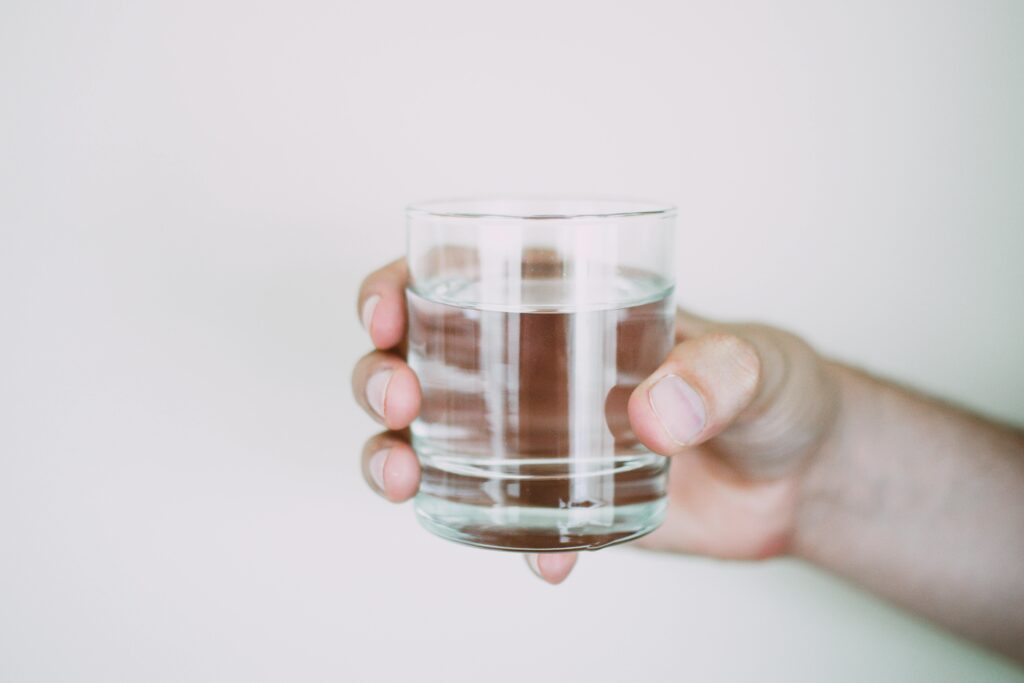
1️⃣ Drink Warm Water Before Anything Else
Hydration supports smooth bowel movements and helps “wake up” the digestive tract without the jolt of caffeine. Warm water can be especially soothing for intestinal muscles.
2️⃣ Practice 5 Minutes of Deep Breathing
Deep, diaphragmatic breathing activates the parasympathetic nervous system, which encourages healthy digestion and reduces gut hypersensitivity. Try inhaling for 4 counts, holding for 4, and exhaling for 6.
3️⃣ Have a Gentle, Protein-Rich Breakfast with Soluble Fiber
Instead of skipping breakfast or eating ultra-processed carbs, choose:
- Soft scrambled eggs with a side of cooked oats
- Smoothie with lactose-free yogurt, chia seeds, and banana
Soluble fiber from oats or chia seeds helps regulate bowel movements, while light protein stabilizes blood sugar and supports muscle repair.
4️⃣ Avoid Caffeine First Thing
Coffee immediately after waking can overstimulate the gut and worsen diarrhea in IBS-D, or cause cramping in IBS-M. If you enjoy coffee, try having it after your breakfast to lessen the impact.
Why This Works for IBS
- Hydration + soluble fiber = easier, more regular bowel movements
- Deep breathing = calmer gut-brain signaling
- Balanced breakfast = steady energy without blood sugar spikes
- Delayed caffeine = reduced gut motility shocks and inflammation risk
Over time, these habits can train your body to start the day in digestive balance—meaning fewer flare-ups and more freedom to enjoy your day.
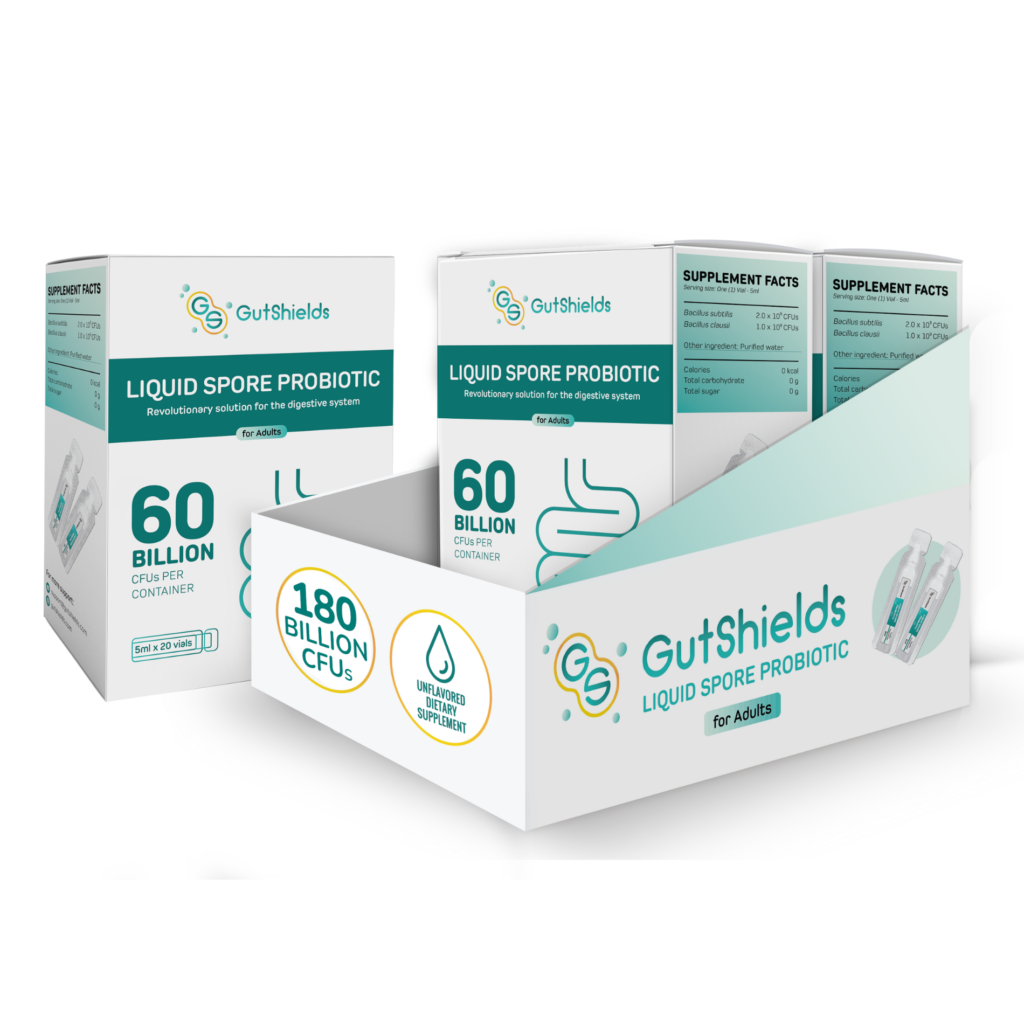
Start tomorrow with these small changes—and discover how calm your gut can be. Pair it with GutShields to support your microbiome from the inside out.
-
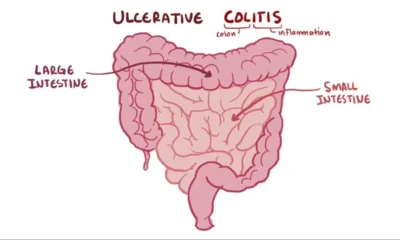
 Health8 năm ago
Health8 năm agoAll About Microscopic Colitis: Causes, Diagnosis, and Treatment
-

 Entertainment8 năm ago
Entertainment8 năm agoI Tried Medication, Diets, and Meditation — And Finally Found Peace in Acceptance
-

 Health8 năm ago
Health8 năm agoWhat Is a Gastroenterologist? When to See One, and the Problems They Can’t Help With
-

 Health8 năm ago
Health8 năm agoTop 7 Questions to Ask Your Gastroenterologist!
-
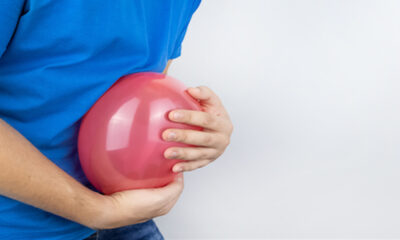
 Health8 năm ago
Health8 năm agoWhat Causes Mucus in Your Stool—and Why You Shouldn’t Ignore It
-
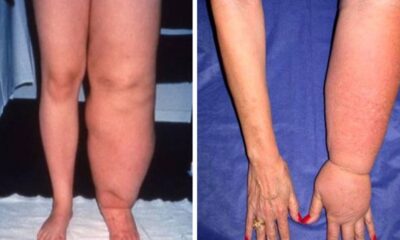
 Health8 năm ago
Health8 năm agoA New Cause and Treatment for Lymphedema
-
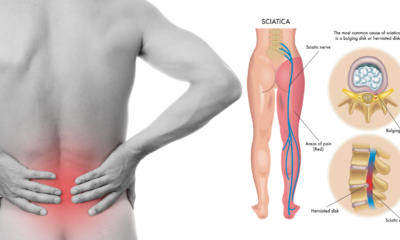
 Health8 năm ago
Health8 năm agoIBS and Sciatica Pain – Is There a Connection?
-

 Tech8 năm ago
Tech8 năm agoHealing IBS Isn’t About Forcing Your Gut—It’s About Resetting Its Natural Rhythm







